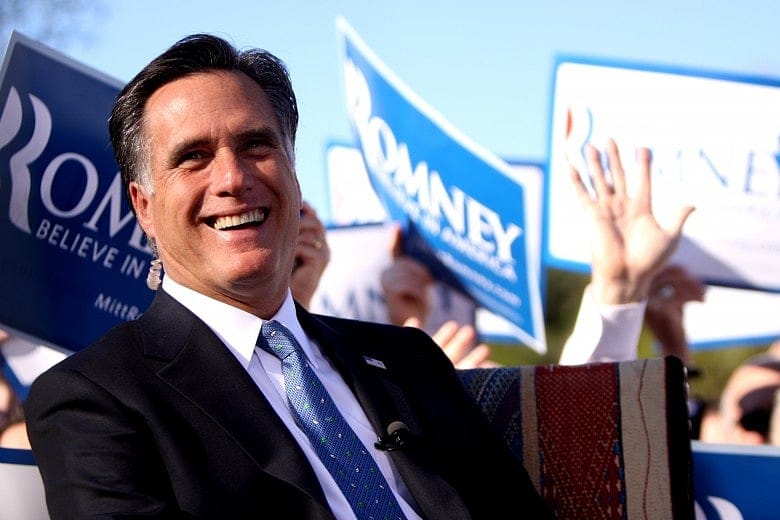Mass. GOP hunkers down for 2016 election

BOSTON – Although a Republican holds the state's top public office, with barely more than 1-in-10 state voters registered as Republicans, the party has for years faced daunting odds in attempting to gain seats at both the congressional and local level.
This year will likely be worse, as a presidential election typically draws more than the usual number of voters to the polls, a tendency that makes it more difficult for a minority party to advance, observers say.

